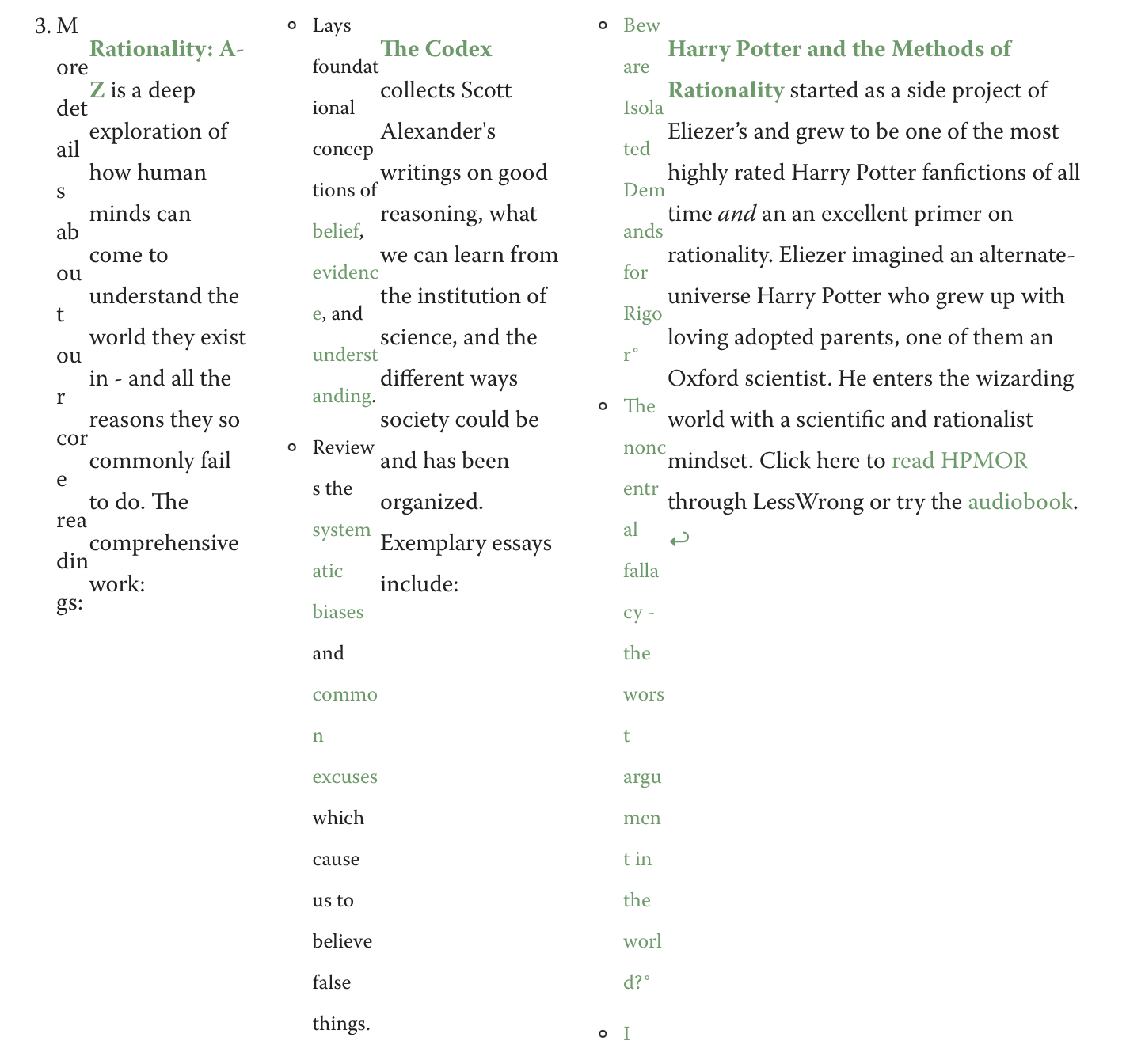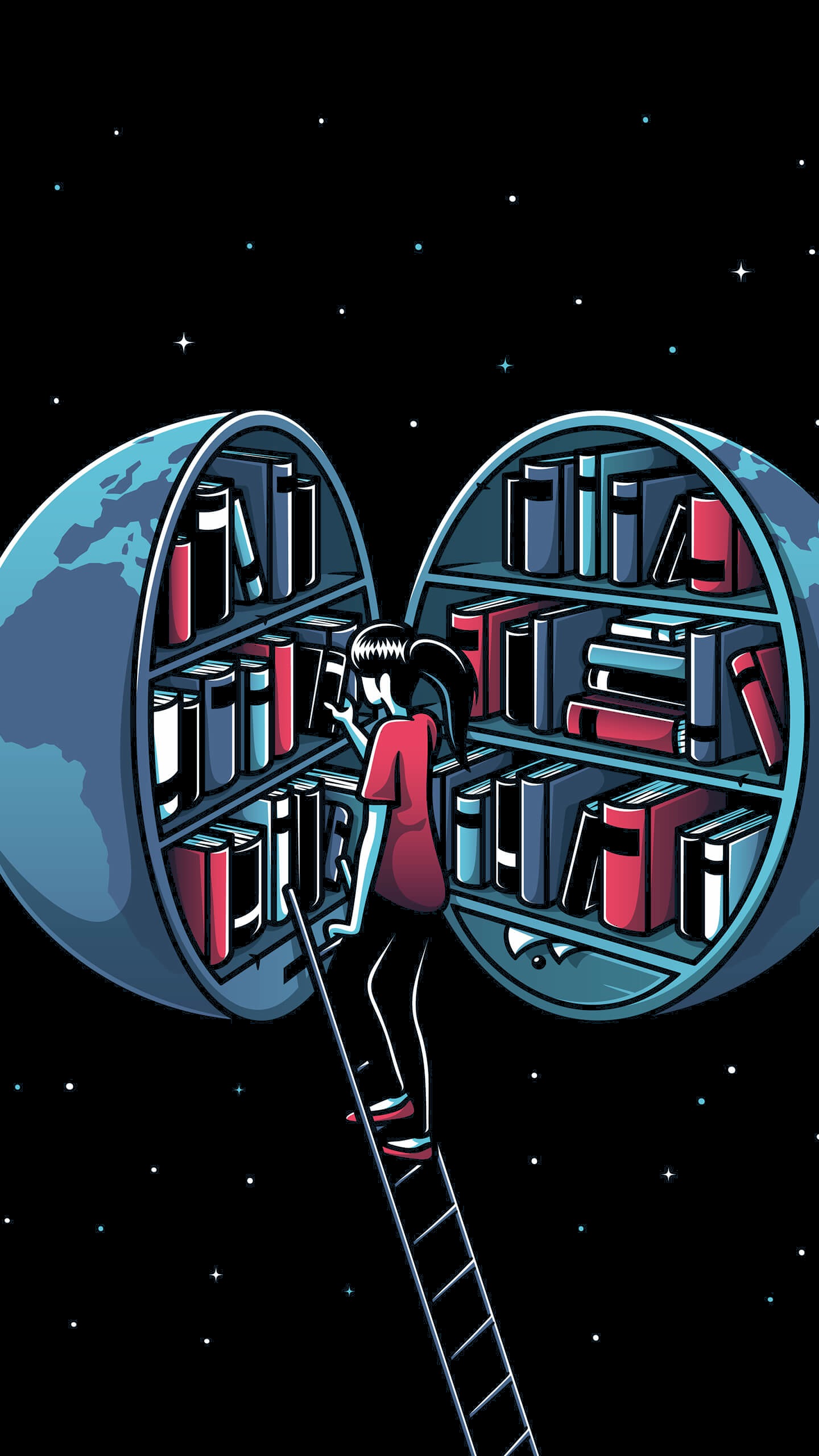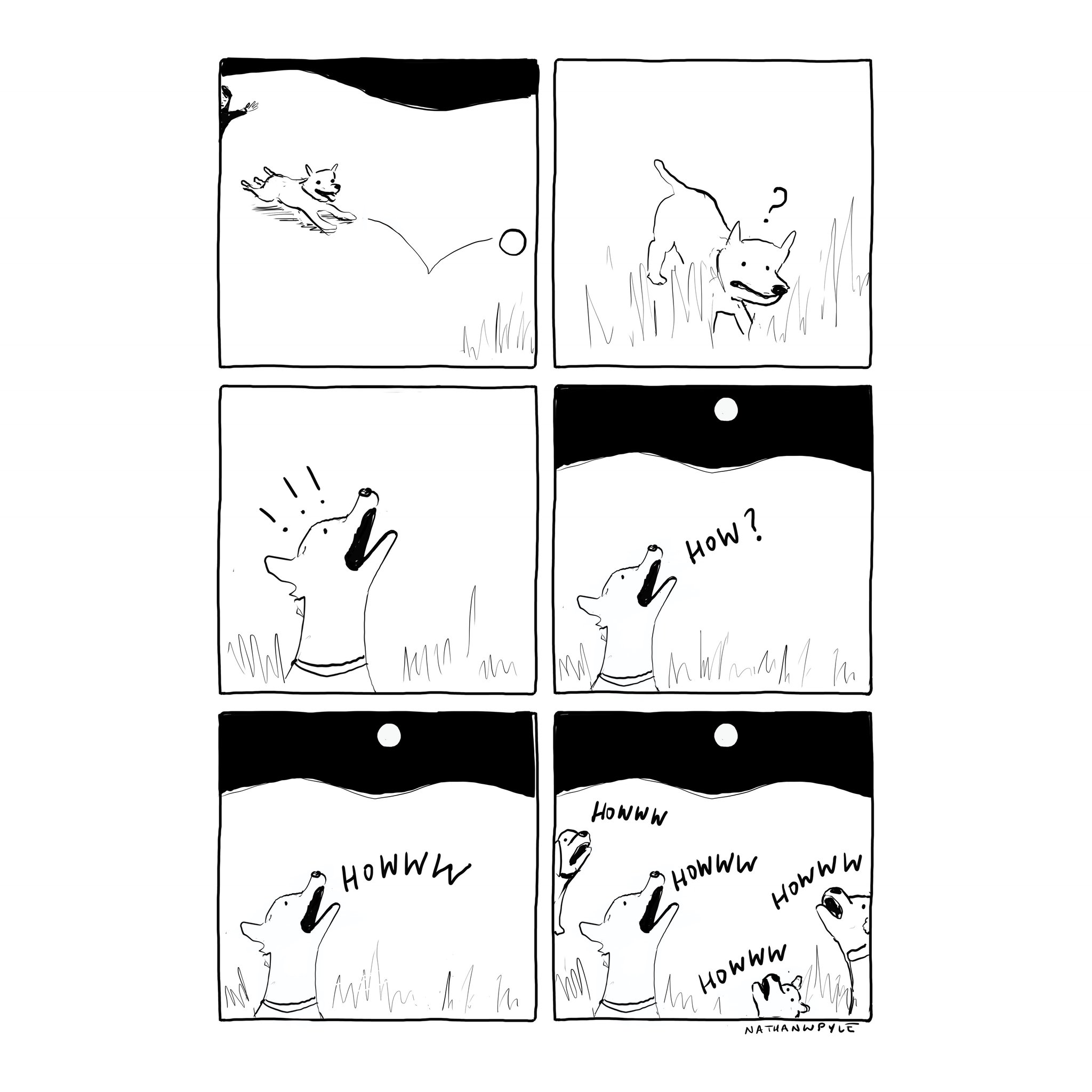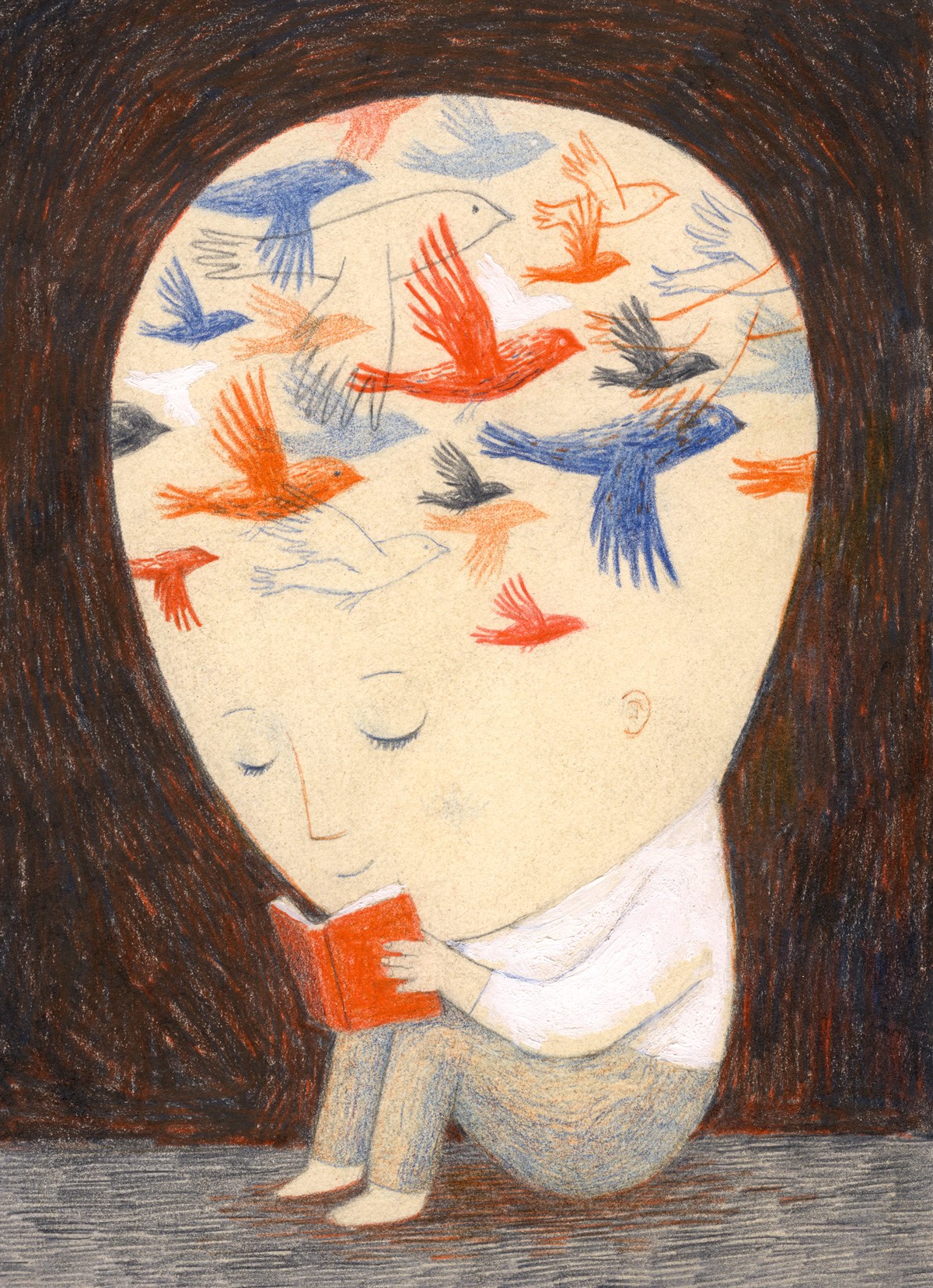Posts
Comments
I use ProtoTyping: https://github.com/pnutus/ProtoTyping
How it works:
Capslock as modifier, hold it to use right hand for:
ijkl like wasd where:
i : to move cursor one row up
k : one row down
j : one character left
l : one character right
————————
u : one word left,
o : one word right,
h : to go to beginning on line,
key right of L : to go to end of line.
————————
Then also use modifier with left hand at the same time as Capslock to:
s : selecting text with movement commands described above. E.g. Capslock + s + o, to select the next word.
d : deleting text with movement commands described above
————————
Examples:
E.g. Caps + d + h to delete everything to the left of the cursor on the line. If you need to delete multiple lines just: (Caps + d + i)x3, e.g. to delete three rows. (very useful in programming)
E.g. (Caps + s + u)x3, to select the 3 words to the left of the cursor, so you can then copy them e.g.
This helps you not have to move your hand to the mouse or to the arrow keys as much. Your hands stays in the right position for touch typing (fast typing) where index fingers rest on f and j. Just release caps for a bit to write, and quickly move around holding down caps.
You can use it in any app, not just code editors.
This talk about puzzles by a puzzle solving master might be interesting to you. Recommendation by Jonathan Blow (who made Braid and the Witness): https://youtu.be/oCHciE9CYfA?si=9ZtETH1_a8pM3l8e
I recommend watching the full thing but I associated the post above to this interesting idea from the beginning of the video:
(1) Eureka moments are the atoms of puzzles. Eureka: A sudden, pleasureful, fluent, confident feeling of understanding. Insights
…
(6) Interesting truths are the root of surprise.
(7) Eureka is not Fiero. Fiero: the emotion of overcoming a tough challenge
…
(9) Eureka is sharable (don’t need fiero to have eureka necessarily)
Not directly comparable to the post above but maybe relevant to the part about if competition is needed.
https://www.sparkwave.tech/conditions-for-change/
Might help too 🙂
I think it depends a lot on the game and on the quality of the digital version. This game and Through the Ages (by the same devs) do have really good digital implementations that are a joy to play on tablets (that’s what I’ve tried).
Yet there is definitely something awesome about the tactility of real tiles over touch screens. But having to explain and double check rules instead of getting feedback from the digital system is actually not very energizing for me.
This is one of the reasons I hope something like dynamicland.org will make it, then we could potentially get the best of both worlds 🙂
The digital version makes the second half a lot quicker, so maybe that’s enough? 🙂
Somewhat related: https://overcast.fm/+a1rgbK3HQ
The Crew. One of the few good cooperative games. You can’t speak during a round and have only a few ways to communicate to solve the puzzle together. The campaign adds complexity over time to make it stay interesting as the group learns the tricks of the game.
Mindbug. Made in part by the creator of Magic the Gathering, but made much more accessible to play with new people. Still, it is really deep. The core idea of mind bug is that you can take control of the card the other player wants to play (with your mind bug), this creates a lot of mind games as you’re trying to trick the other person to steal a card at the wrong moment (you only have 2 mind bugs per game).
Wavelength. Can play with almost any group and possible to play at high player counts. No need to play in teams, so no uncomfortable competition when trying to have a good time even with new people. Creates interesting conversations and is really fun and replayable! Good for getting to know one another too.
Brass: Birmingham. One of the best Euro games. Industrial revolution theme, understand the market to make your industry win. Other people can use the industries you build so it makes for very interesting strategies.
The Quest for El Dorado. One of the best deck-building games. The hexagon boards can be placed in a lot of combinations to create variation between games, and you can remove some cards from the store to make the strategy change a lot between games. I love it.
Gloomhaven. Another great cooperative game with a good system that creates many fun puzzles to solve. You unlock new ways to play, aka. new characters with new cards and new rules to learn and master in combination with your friends’ characters. Many cooperative games suffer from the problem that one person can decide what others should do. But here you’re not supposed to show your cards to each other at first, so you get both autonomy and cooperation which is nice so everyone feels they have an important role.
Oceans. Strategy-game, compose reliable species that thrive in the ecosystem. Fairly simple rules but hard to master. Lots of unique cards and randomized conditions make it fun and replayable.
Skull. Simple but really fun bluffing game. Easy to bring to a bar or restaurant and play a quick round or two.
Mage Knight has an excellent steam workshop mod for Tabletop Simulator which I highly recommend! 🙂 Automates some things so you can focus on the most fun strategy. Amazing 1-player game, but also fun at 2-players.
Strongly second Great Western Trail. Very fun and replayable 🙂
Sort by susd recommended + desired category on this website:
Agreed!
I actually didn't reflect about her having makeup. I recall (but hopefully don't misrepresent in my paraphrasing) Julia Galef discussing that a society where people wear makeup is perhaps a more fair option since the difference between the most and least naturally beautiful people would be smaller then. I haven't thought deeply about this, but in that case, wearing makeup might be the rational thing to do. However, regarding the appraisal that the artwork represents the woman's beauty more than her strength, I can totally see how that reinforces problematic norms.
Rationality is in part about taking control, and you have more control over your strength than your beauty. Still, if I could sculpt myself I would probably rather be sculpting myself pretty than musculus (well, I guess they intersect for some people). Beauty probably has more benefits than muscles these days and physical strength is much less important for rationality than mental strength. An unnecessarily muscular body might also be a sign of prioritizing the wrong things.
It's hard to get the metaphors perfect and it is easy to rationalize how details make it fit or not. But it's interesting to see which metaphors resonate with the community, and would be even more interesting if more people wrote why as you did. So thanks for your perspective!
As I reread this short essay on teaching I came to think of this article, e.g. the importance of targeting the metric of really trying to live up to what one teaches, to stay on track as a good teacher. So I thought I'd link it here if anybody is interested in a similar perspective but differently communicated.

Would be interesting to use this framework for articles on LessWrong. Most people don't spend time arguing why they downvote or upvote posts. It would be useful to know that the community e.g. had downvoted a post mostly based on e.g. enjoyability, robustness, or novelty. There are probably many other ways one could measure, but this one still seems simple yet very useful.
One could of course post one's ranking using text as a comment, but that doesn't aggregate the community's judgment effectively.
Similar to other media, some works are designed better and some worse. For example games like Outer Wilds and The Witness doesn’t try to make you addicted, a lotus-eater.
Instead of having the policy to shut the whole medium out (I’m not saying that you are just because you quit CS:GO), I'm instead trying to make a conscious effort to find the better alternatives that don't addict me.
I'm not saying that games on average do this well, but I think there is potential for really good experiences from using the dynamic interactive medium for many things, e.g. learning and entertainment.
I'm not sure about the exact bounds for how little time one could spend on leisure instead of important work, but I think optimizing well-being in life is rational too, as Julia Galef argued against Straw Vulcan principle #5: Being rational means valuing only quantifiable things, like money, efficiency, or productivity.
If you liked this post you’d probably like this facebook post that Ozzie wrote recently on a similar topic:
https://www.facebook.com/722750362/posts/10165839328500363/?d=n
Thanks for the initiative! I’m interested! 🙂 It’s easy to mostly look at the new posts, but probably more important for me to think deeper and transfer the ideas in classic posts to my current adventures!
This framework reminded me of this quote from Bret Victor's talk "The Humane Representation of Thought" (timestamp included in link)
I've transcribed it approximately here (with some styling and small corrections to make it easier to read).
"There are many things, especially kind of modern things that we need to talk about nowadays which are not well-represented in spoken language.
One of those is systems. We live in an era of systems:
Natural systems:
- Environment
- Ecosystems
- Biological systems
- Pathological systems
- etc
Systems that we make:
- Political
- Economic
- Infrastructural systems
- Things we make out of concrete, metal, electronics.
- etc
The wrong way to understand a system is to talk about it, to describe it.
The right way to understand a system is to get in there, model it and explore it. You can't do that in words.
What we have is that people are using very old tools, explaining and convincing through reasoning and rhetoric instead of these newer tools of evidence and explorable models. We want a medium that supports that."
A quick sketch of how the RAIN Framework approximately maps to Bret's model of a good communication medium
Rigor: Quick sketch, not exhaustive. To start a conversation.
Epistemic Status: Moderate. I think Bret Victor has a lot of good insights, but I haven't done an extensive research to see if the cognitive science research supports his claims.
Explorable Models
Accessibility
Availability
No big difference to text, most texts are accessible these days and explorable models can be too, on the internet. However, making native high-performance explorable models is trickier with software if you want it to work on all platforms. WebAssembly could improve this in the future, hopefully.
Understandability
Well-designed explorable models of systems could give some insights much faster than reading about the systems could. E.g. innovation of mathematical notation was a big step forward in expressing some things more effectively than words previously could, although with a steep learning curve for many people. However, I could imagine badly designed explorable models that wouldn't effectively guide you toward specific insights either, so it's important to compare high-quality texts with high-quality explorable models.
Compactness
Explorable models can be dynamic, so they could e.g. be personalized to specific audiences. Instead of writing multiple texts for multiple audiences, one model could be made that could adapt on parameters to fit different audiences. Personalization could tie insights better to your current needs and motivations and make you more likely to pursue learning about challenging but valuable information.
Enjoyability
Explorable models could engage more senses than only the symbolic visual. Personalization probably increases enjoyability too.
Evidence
Robustness
Could include system features to provide verifiability, more openness on bias & noise, and e.g. making models open source for scrutinization.
Explorable models could include being able to explore the data and source, not only the output program.
Importance
If we had explorable models of moral uncertainty which brought together a diversity of intrinsic values representing the cultures of the world, then (to my knowledge) that is the closest approach we have to find "evidence" of what is most important.
Effective Altruism organizations like e.g. Global Priorities Institute could use explorable models to make their information & evidence more accessible, easier to give feedback to, and then improve further in their judgment on what is most important.
I'm curious what you think about Bret Victor's claims. How big could the effect be if people used explorable models more? The technology to make it cheap to author these kinds of models isn't here yet, so if we consider tradeoffs then writing might still be a better option. I'm personally more excited about skill-building to make explorable models than I am about perfecting my writing, but maybe I'm overestimating the value. I used to read a lot on Less Wrong but these days I often find it hard to choose which articles are worth my time reading, perhaps a lot based on the enjoyability and compactness factors. But maybe I'm letting my vision of how good information intake could be irrationally demotivates me to read and write texts in the LessWrong norm format.
Thanks for this clear framework, it's really useful for me right now!
I haven't read Kahneman's book 'Noise' yet, just listened to a podcast episode where he described how it is important to distinguish between noise and bias. I'm curious if that distinction is important in this framework and if I should read "Bias (Noise)" as "Bias & Noise" or something else instead?
Hi, not sure where to write this but something happened to this post. Curious to read it but it looks like this right now for me:


”The further from shore, the deeper the ocean.”
(shore is pronounced like ’sure’)
Not sure if it fits this image but I liked this quote which was mentioned on EconTalk.

Source by Michael Oswald
One could frame this as a need for more media that is both yummy and true/useful. Since there is statistically so much yummy media that isn’t true/useful we might gain the (somewhat false) intuition that yummy is a good signal for not true/useful. But that’s how the world is now, not necessarily how it should be. Sam Rosen had a similar argument on the Clearer Thinking podcast (timestamp in the link): https://overcast.fm/+kgCChiF9A/1:29:39
Products and content can be designed without the effect of addicting you, without making you a lotus eater (https://www.lesswrong.com/posts/KwdcMts8P8hacqwrX/noticing-the-taste-of-lotus).
Glad you liked it! 🙂 Yeah, I love it when they add instrumental versions 😃
What a great song! 😃 Thanks for recommending!
Well if you like groove, here’s a little playlist I put together of groovy goodies https://music.apple.com/se/playlist/groovy/pl.u-pRomsWXGVP0?l=en
I love ’Be Real’ by Rasmus Faber & Metaxas https://open.spotify.com/track/4PEbNdnFtpko90iC0W9I2u
Perfection is probably not possible to find, but for me this song ticks many important boxes:
Meaningful aesthetic lyrics (even fairly rationality aligned) without being too vague. E.g. ”I forgot what you need, you forgot how I feel, I just want to be real with you”,
Not too complicated harmonies so most people probably enjoy it without a trained ear, which makes it easier to recommend to many people.
Well produced, though timbre of the sounds is seldom perfect for everyone’s tastes.
Groovy yet relaxing.
🎶
Curious to know what you think! 🙂
Thanks for your explanation from your search for tighter concepts! Also thanks for putting in the effort into making it yummy for us to read! 🙂
I’m very curious about understanding modeling better too! I’m wondering what you think about the REDCAPE (Reason, Explain, Design, Communicate, Act, Predict, Explore) classification of what models are useful for, from the book The Model Thinker. What other classifications have you found useful? 🙂
Course author has an upcoming book on the topic
About 8 years ago, as I was in the transition of updating from music education to psychology and computer science (thanks to Rationally Speaking and LessWrong ♥️ ), I tried to make music with higher utility for a while before I started prioritizing paths with more potential social impact. I mostly explored for good ideas so most tunes are not fully formed yet. Also, I didn't polish them to a releasable quality, but now that I got distance from it I thought that maybe somebody here would enjoy some of the more promising attempts. 🙂
♫ Tailwind Tale (<5min) (symphony orchestra) - No lyrics, I tried to capture the feeling of fruitful exploration.
♫ We don't know (30sec) - Explore to cope with reality and update motivation to have less self-deception.
♫ Sip of Hair (<2min)- Reduce againstness (CFAR), take "outside view" and support each other to grow.
♫ WOOP (1min) (Wish outcome obstacle plan) - Implementation intentions (CFAR TAPs) and mental contrasting.
♫ Growth (5min) ( mix: more symphony orchestra, sheet music) - Growth mindset and other LessWrong ideas.
Each tune has lyrics and some more designer notes in the dropbox comments if you're interested in that.
Feel free to give any feedback on better and worse parts. I might spend some free time polishing and updating some songs if somebody would appreciate it.
Playlist (YouTube, Apple Music) of tunes from various genres with mostly reasonable lyrics, but as you say one might need to steel woman & make some creative interpretation to make the connection clear. There are better ways to boost motivation, but listening to these songs for a while serves as a complementary source of motivation on days when I need it. 🙂
Some sneak peeks:
- The tune 'Be Real' has lyrics "Sometimes I doubt the words you say. I forgot what you need, you forgot what I feel, I just want to be real with you." - Scout Mindset, Seeking sensibility (CFAR)
- 'Brave' e.g. the clever lyric "show me, how big your brave is" (a pun on brain 😉) which I relate to Scout Mindset since it is brave to have a process of leaning into confusion and do comfort zone expansion.
- 'Daydreaming' e.g. "Dreamers they never learn ... we are just happy to serve you" - Service Orientation
- 'Stronger' e.g. "I want to be strong for you" - Grow because you have Something to protect
- 'Grow as we Go' e.g. "I am unfinished, I've got so much left to learn ... but I'd like some company through every twist and turn" - Test yourself in fire, with self-compassion and compassionate support.
- 'Both Sides Now' e.g. "they shake their heads and tell me I've changed. Well something is lost, and something is gained" - Change, ditch the word "hypocrite"
- 'Golf on TV' e.g. "some people think it's supposed to hurt, like it couldn't be real if it is putting you first" - Bucket Errors, decoupling.
- 'Come Alive' e.g. "take a world and redefine it, leave behind your narrow mind, you'll never be the same" - Reduce bias, original sight, update.
- 'A million dreams' e.g. "I think of what the world could be, a vision of the one I see ... run away to a world that we design" - World modeling
- 'What if' e.g. "How do I know a wish should stay a wish?" - Prioritizing
- 'Doin' it right' because "doing it right ... feeling it right". - Instrumentally, feeling/motivation with less self-deception.
- 'Might Quit' e.g. "It's the first day of school and I think I might quit, because the things I've been seeing here don't make sense." - The case against education, the elephant in the brain.
- 'Don't Give Up' e.g. "Don't give up, you know it's never been easy ... because I believe there is a place where we belong' - Self-efficacy, belonging to community.
These books come to mind, and might interest you:
Wired to Create - https://scottbarrykaufman.com/books/wired-to-create/
Problem Solving: Perspectives from Cognition and Neuroscience - https://www.amazon.com/Problem-Solving-Perspectives-Cognition-Neuroscience-ebook/dp/B01N03PCGH/ref=sr_1_1?dchild=1&keywords=Problem+Solving.+Perspectives+from+Cognition+and+Neuroscience&qid=1627400134&s=digital-text&sr=1-1
(Sorry about long links, was on mobile and couldn’t find way to make labeled links 🙁 )
You might like https://museapp.com/podcast/
I think you’re onto something. A scout mindset alternative way to frame this issue was done by Spencer Greenberg at the end of this episode, which might help. https://overcast.fm/+kgCDP0iz4/1:03:25
tl;dr Encourage the good parts of creative ideas and be supportive, instead of only shooting down creative ideas. Yet encourage the person to have a scout mindset, so they learn more effectively.
Some of it might be expectations. In my experience people are often not comfortable showing projects that are not sufficiently done yet, perhaps because the system is set up for signaling your 🎒backpack. Hence, people expect posts to be about finished or already succesful projects. Yet, it is tremendously useful for creative people to get thoughtful feedback, even if they havn’t made a name for themselves yet. I haven’t thought through all the implications for this but intuitively I think I want to encourage that, although I might be self-serving since I too do creative work. Still, showing the process of creative work for others to get inspired by might increase self-efficacy in the community, which seems rather important! I say thanks for showing the virtue of courage and inspiring me! As long as we also try to regularly calibrate, it’s probably good.
Maybe Less Wrong should differentiate between downvote and ”Show me less of this”, like e.g. YouTube.
Best wishes for your project! 🙂






Also, I’d recommend thinking about learning in terms of the principles at Sparkwave’s 10 Conditions for Change. How to set up a design that aid oneself to actually do these demanding but effective learning behaviours, is key.
Another book related to this is Ultralearning by Scott Young.
Have not read all chapters thoroughly as I’ve learned about many of these principles elsewhere, but this book seem to include most of the learning concepts you mention, as well as some of the CFAR concepts such as Turbocharging, Overlearning, Tutoring Wheel, and so on. I recall the author of Learning how to Learn calling it the best book on learning, so it might interest you! 🙂
I've been listening to the book with an iOS app called Voice Dream Reader, with the voice Amy from Ivona. It's the best quality voice I've found for iOS and it let's me listen to all my ebooks. A real voice is probably better, but I got used to the voice in no time and now enjoy stimulating my mind while I e.g. go to school. Greatly recommended!